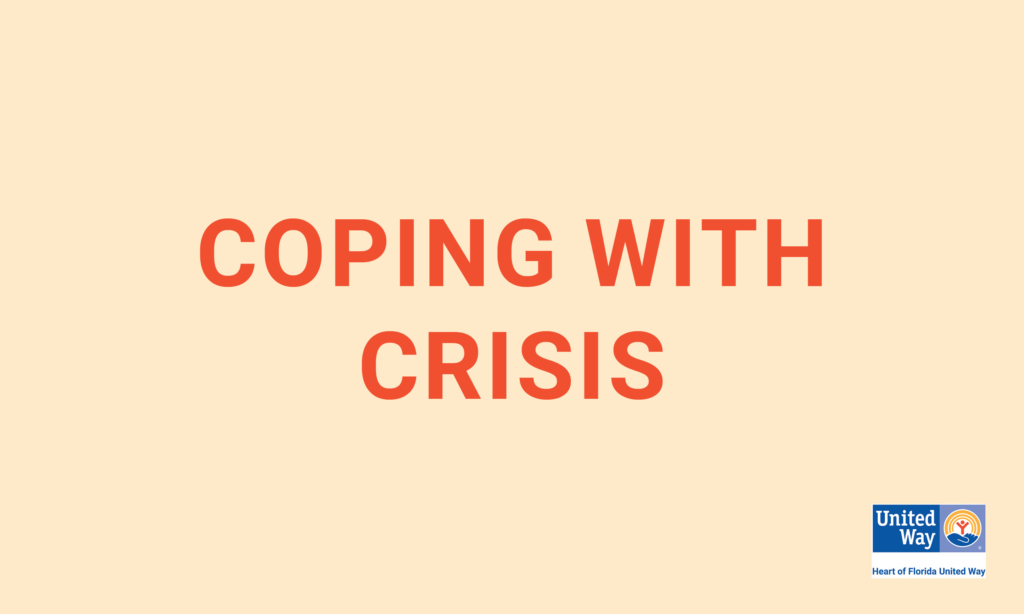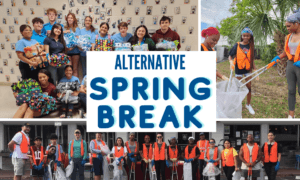In the wake of tragic news — like the loss of at least 18 children at Robb Elementary School in Uvalde, Texas — it can be incredibly difficult to process information and cope with resulting emotions, feelings, and thoughts.
Fear, sadness, and anxiety are all normal responses to crisis for both children and adults, but you don’t have to experience this alone. In fact, it’s vital that you access community resources as we heal from this trauma together.
Resources for Parents and Teachers
If you have or work with children, you may notice a shift in their mood and/or behavior. Depending upon their age, children may exhibit varying signs of stress and require specific strategies for support — ranging from reducing exposure (turning off the TV) to talking through their emotions.
For more information on how to help children navigate this crisis, view this School Shooting Parents and Teachers Guide from local Licensed Mental Health Counselor Dwight Bain. The guide features age-specific recommendations for supporting children.
For example, the guide recommends looking for signs of stress like:
- Sleep regression (babies and toddlers)
- Increased irritability (3-5 years old)
- Overactivity (6-8 years old)
- Fear of isolation (adolescents)
Recommendations for helping children cope include:
- Reduce exposure to the event and media coverage (birth to 6 years old)
- Promote art as a way of healthy emotional expression (6 – 12 years old)
- Talking through the issues and the impact on them (12 – 18 years old)
Dwight’s guide also features information on physical, emotional, cognitive, and behavioral warning signs that may indicate a child is being affected by a crisis.
General Support Resources
If you and/or your family are experiencing difficulty processing this crisis, we encourage you to contact the 211 Information & Referral Crisis Line for support.
Via call, text or chat, you can connect with a 211 specialist who has undergone hours of training to help individuals deal with some of the most daunting issues facing our community, including these kinds of traumatic events. Our 211 specialists are trained to help you cope and help connect you to the resources you need, including mental health resources.









